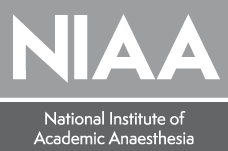SINFONIA
Sugammadex for preventIoN oF pOst-operative pulmoNary complIcAtions SINFONIA
Neuromuscular blocking drugs, when not fully reversed at the end of surgery, lead to weakness of respiratory muscles and airway reflexes, and are associated with post-operative pulmonary complications (PPCs) such as pneumonia. Incomplete reversal of neuromuscular blockade remains extremely common despite improvements in neuromuscular monitoring.
Neostigmine has been used for over 50 years but often provides sub-optimal reversal and is itself associated with dose-dependent muscle weakness and impaired lung function. Compared to neostigmine, the newer drug, Sugammadex reverses NMBAs more rapidly and reliably, reducing the incidence of residual muscle weakness after surgery.
PPCs, ranging from atelectasis to pneumonia and ARDS, occur in over 200,000 patients each year in the NHS, resulting in prolonged hospital stay, ITU admissions, and higher mortality. Some evidence suggests that Sugammadex may reduce the likelihood of PPCs compared to Neostigmine and thus improve patient recovery, however this has not been proven. In addition, in Japan, where Sugammadex has been widely used for over 10 years, Sugammadex is now the most common cause of perioperative anaphylaxis, and it is possible that this will also occur in the UK.
SINFONIA is a pragmatic multi-centre randomised trial in patients aged at least 50 years who are undergoing major thoracic or abdominal surgery, and will generate robust data on the risks and benefits of the two alternative drugs. Patients will be randomly assigned to sugammadex or neostigmine and followed up to detect patient-centred outcomes. The primary outcome is Days Alive and out of Hospital within 30 days after surgery (DAH30), with secondary outcomes of quality of recovery from anaesthesia, PPCs, mortality, health-related quality of life and cost effectiveness.
We hope to recruit 2500 patients across 40 NHS hospitals. In a few centres with specialist allergy clinics, we will carry out a substudy to investigate the rate of allergic sensitisation to Sugammadex.
SINFONIA is funded by the NIHR HTA programme (NIHR133056).
- Chief Investigators: Dr Jon Silversides, Queen’s University Belfast and Belfast Health and Social Care Trust & Prof Rupert Pearse, Queen Mary University of London and Barts Health
Contact: sinfonia@warwick.ac.uk




